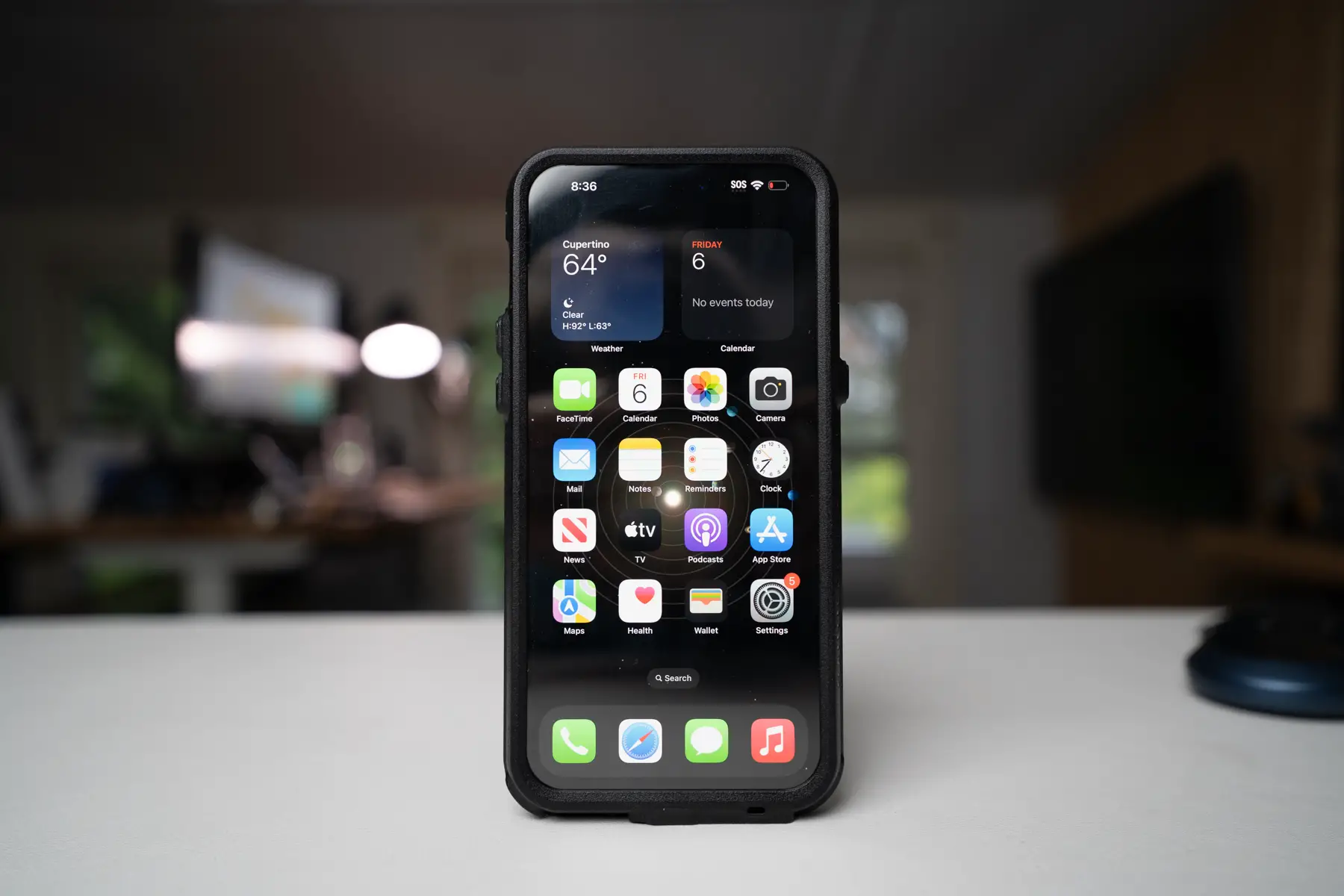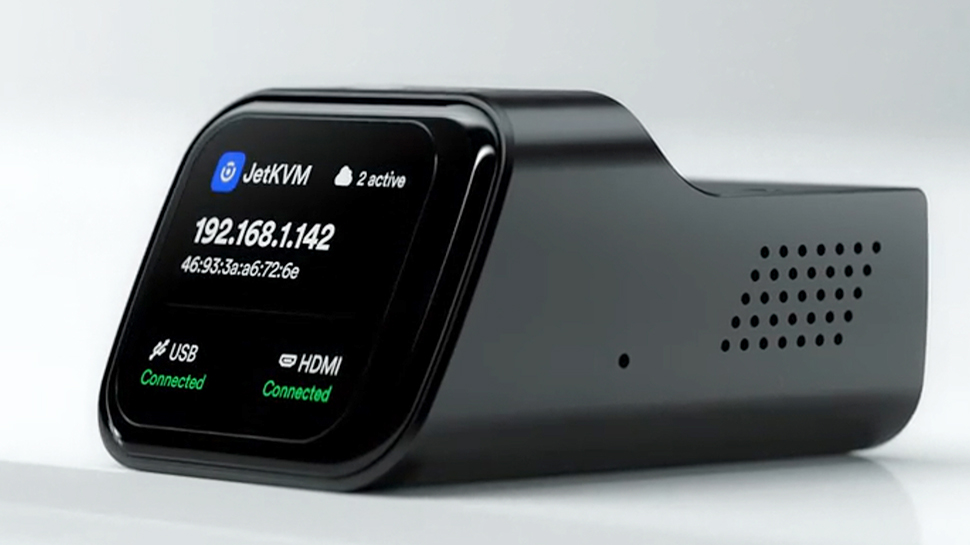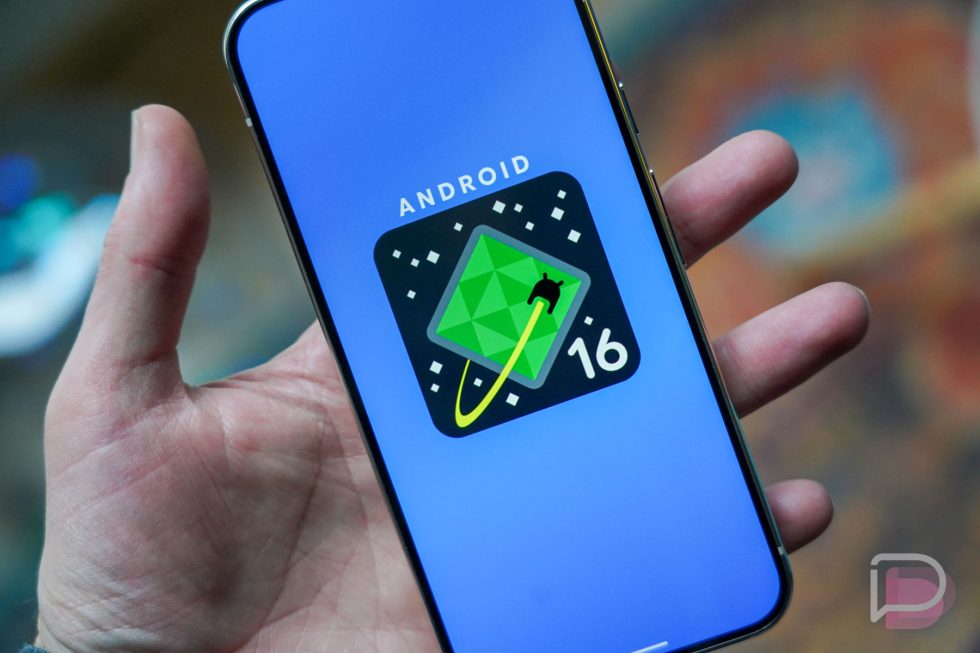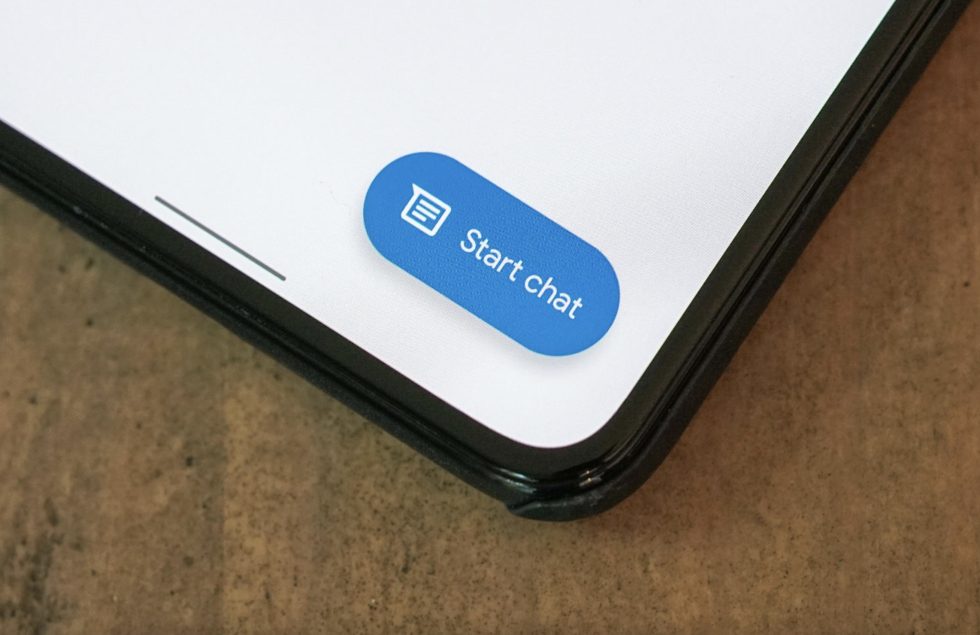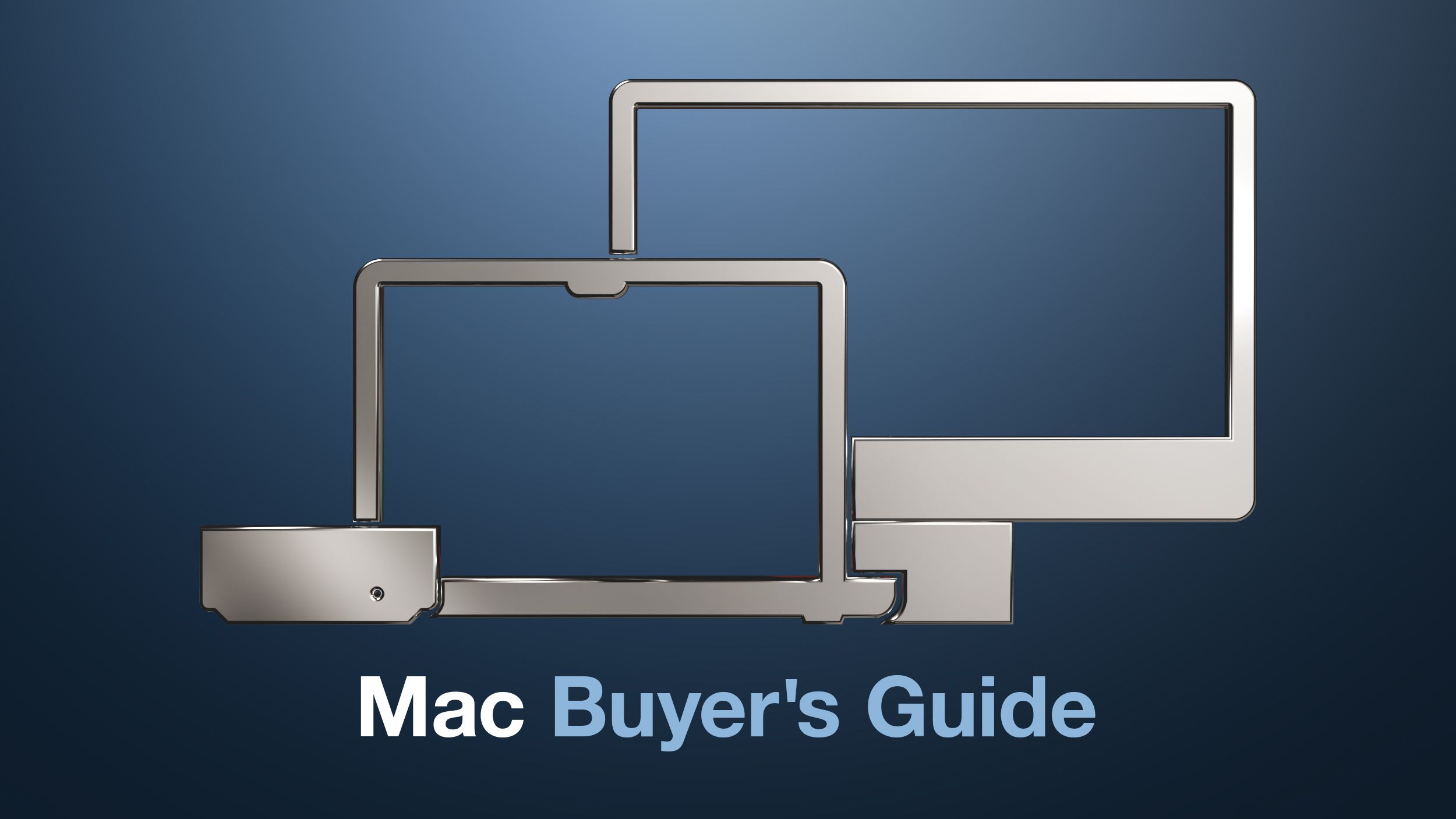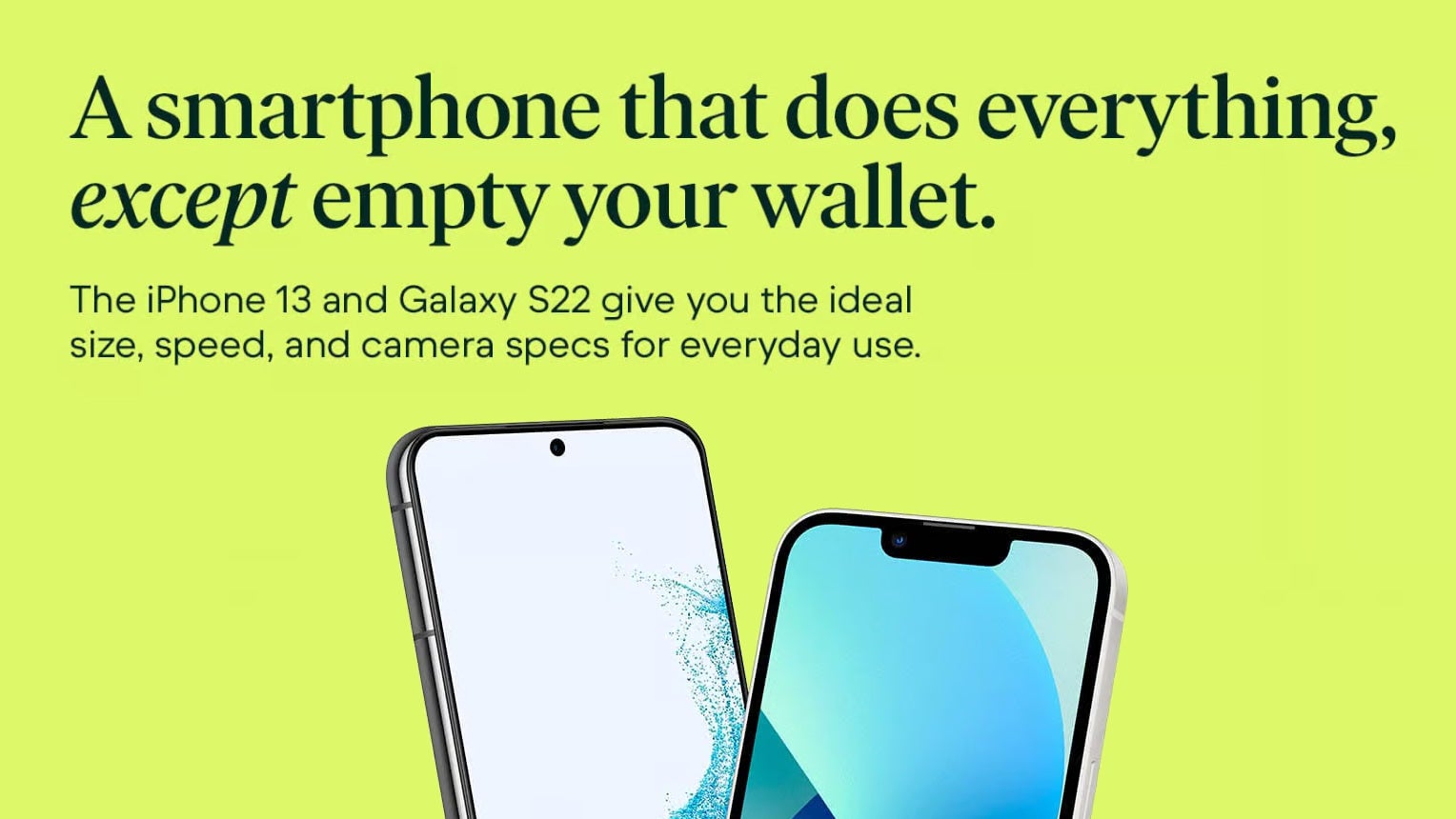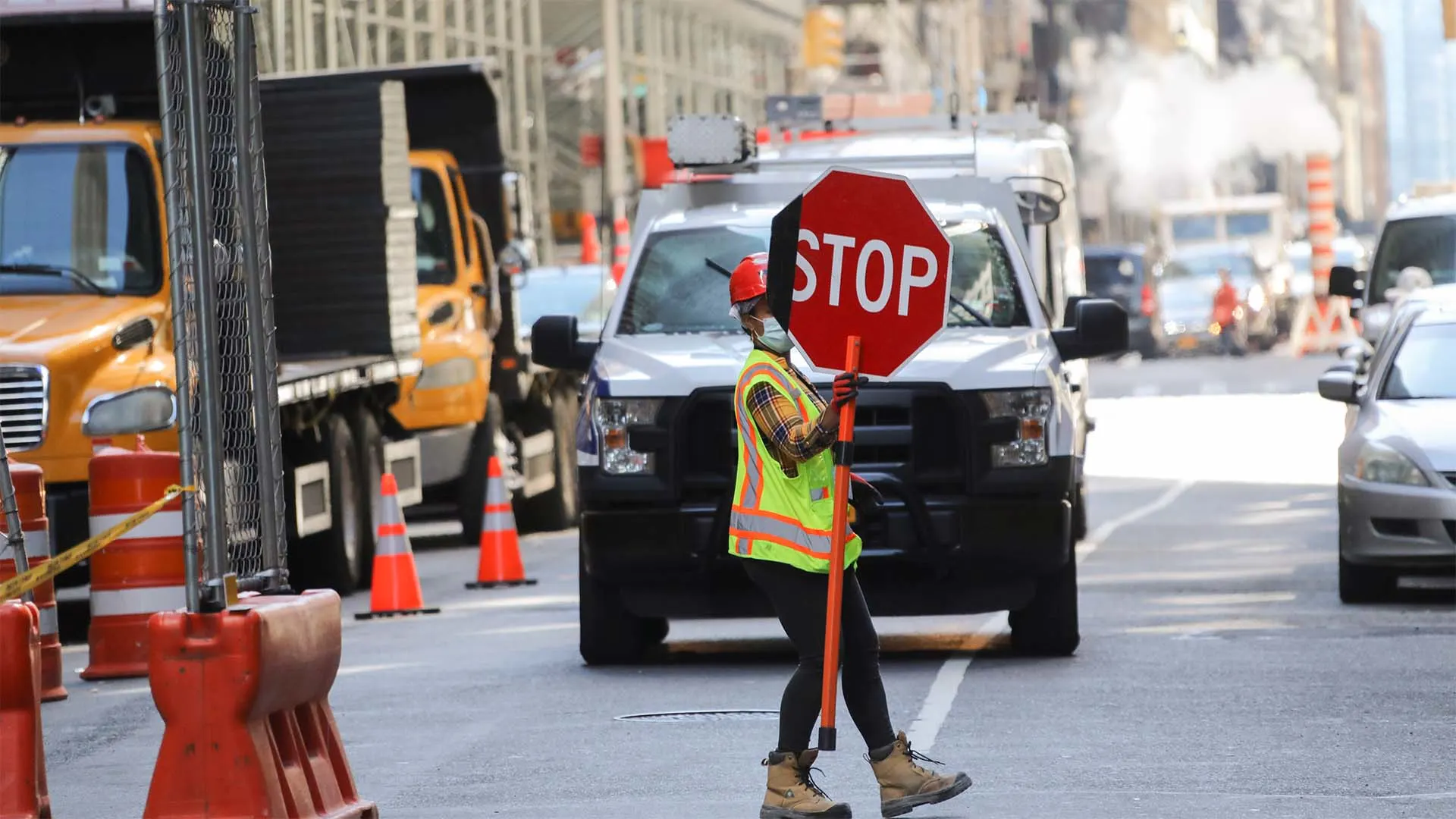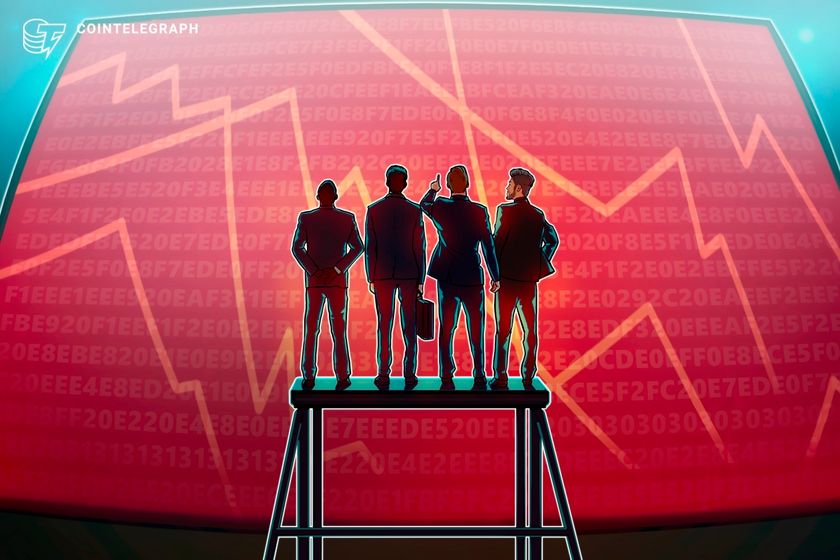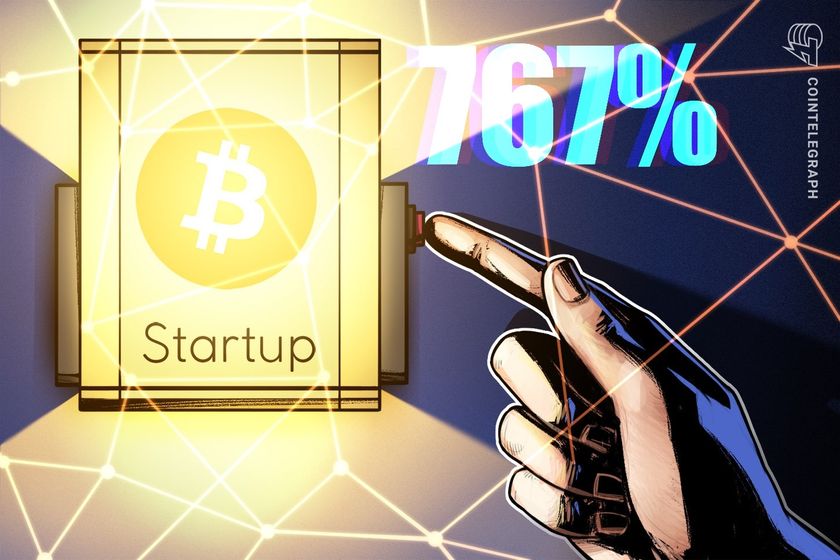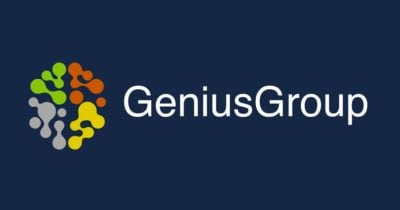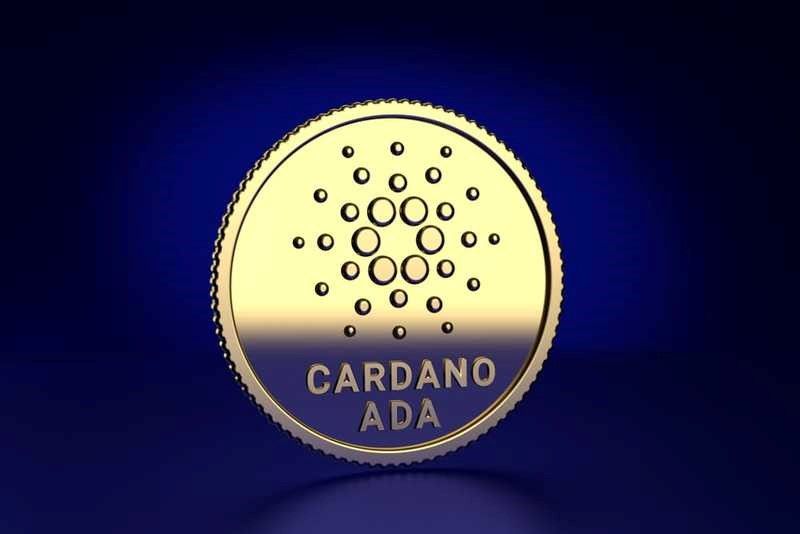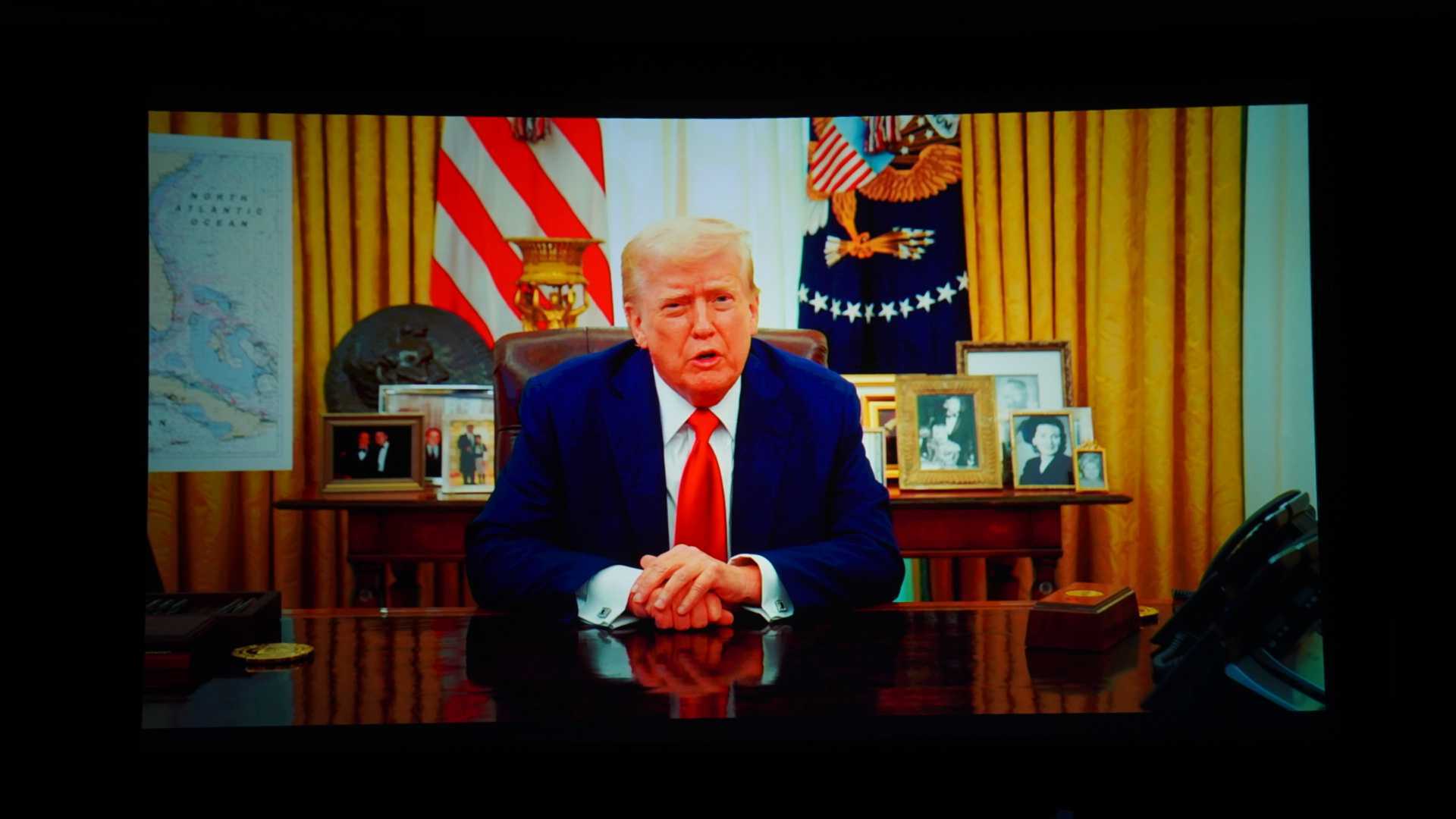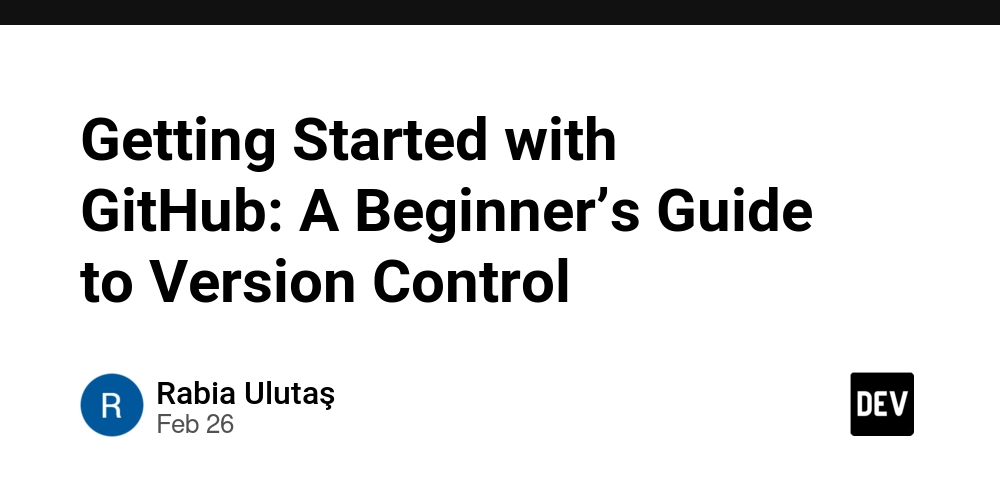Zero-Knowledge Proof (ZKP) – A Simple Example and Its Application in Blockchain
What is a Zero-Knowledge Proof (ZKP)? A Zero-Knowledge Proof (ZKP) is a cryptographic method that allows one party (the prover) to convince another party (the verifier) that they know a certain piece of information without revealing the information itself. In other words, it enables the validation of data without disclosing its content. Key Features of ZKP: Completeness – If the statement is true, the prover can convince the verifier. Soundness – If the statement is false, no one can deceive the verifier. Zero-Knowledge – The verifier learns nothing beyond the fact that the statement is true. A Simple Example: Ali Baba’s Cave Zero-Knowledge Proofs are crucial for privacy and scalability in blockchain. Here are some key applications: 1. Private Transactions (Zcash, Monero) Zcash uses zk-SNARKs (a type of ZKP) to hide the sender, receiver, and transaction amount while ensuring validity. Verifiers can confirm a transaction is correct without seeing its details. 2. Scalability (Ethereum, zk-Rollups) zk-Rollups use ZKPs to bundle multiple transactions into a single proof, reducing network load. Ethereum verifies an entire batch of transactions with one ZKP instead of processing each individually. 3. Authentication Without Data Exposure Proving sufficient funds in an account without revealing the balance. Confirming age (>18) without disclosing the exact birth date. Conclusion Zero-Knowledge Proofs are a groundbreaking technology that combines privacy and security. By leveraging ZKPs, blockchain can become more discreet and efficient while maintaining full verifiability. As cryptography advances, ZKPs will play an increasingly vital role in the digital economy.
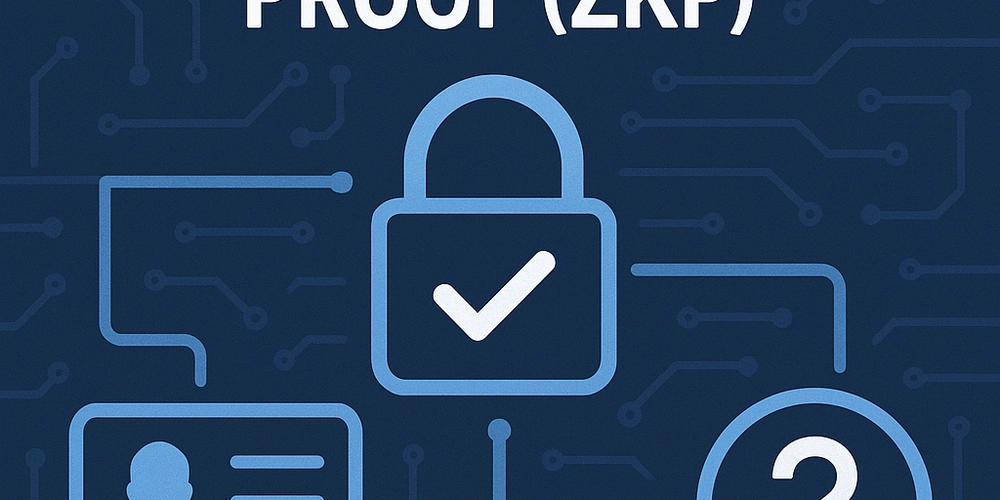
What is a Zero-Knowledge Proof (ZKP)?
A Zero-Knowledge Proof (ZKP) is a cryptographic method that allows one party (the prover) to convince another party (the verifier) that they know a certain piece of information without revealing the information itself. In other words, it enables the validation of data without disclosing its content.
Key Features of ZKP:
- Completeness – If the statement is true, the prover can convince the verifier.
- Soundness – If the statement is false, no one can deceive the verifier.
- Zero-Knowledge – The verifier learns nothing beyond the fact that the statement is true.
A Simple Example: Ali Baba’s Cave
Zero-Knowledge Proofs are crucial for privacy and scalability in blockchain. Here are some key applications:
1. Private Transactions (Zcash, Monero)
- Zcash uses zk-SNARKs (a type of ZKP) to hide the sender, receiver, and transaction amount while ensuring validity.
- Verifiers can confirm a transaction is correct without seeing its details.
2. Scalability (Ethereum, zk-Rollups)
- zk-Rollups use ZKPs to bundle multiple transactions into a single proof, reducing network load.
- Ethereum verifies an entire batch of transactions with one ZKP instead of processing each individually.
3. Authentication Without Data Exposure
- Proving sufficient funds in an account without revealing the balance.
- Confirming age (>18) without disclosing the exact birth date.
Conclusion
Zero-Knowledge Proofs are a groundbreaking technology that combines privacy and security. By leveraging ZKPs, blockchain can become more discreet and efficient while maintaining full verifiability. As cryptography advances, ZKPs will play an increasingly vital role in the digital economy.













































































































































































![[The AI Show Episode 142]: ChatGPT’s New Image Generator, Studio Ghibli Craze and Backlash, Gemini 2.5, OpenAI Academy, 4o Updates, Vibe Marketing & xAI Acquires X](https://www.marketingaiinstitute.com/hubfs/ep%20142%20cover.png)















































































































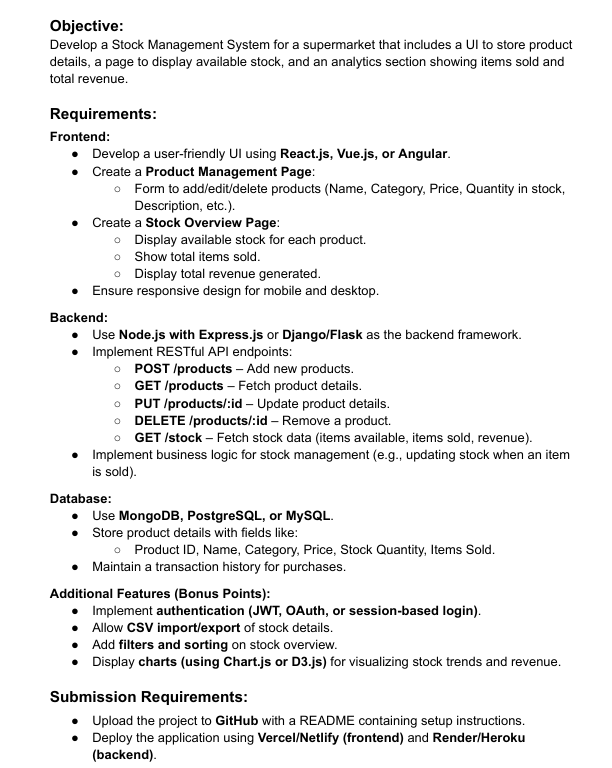
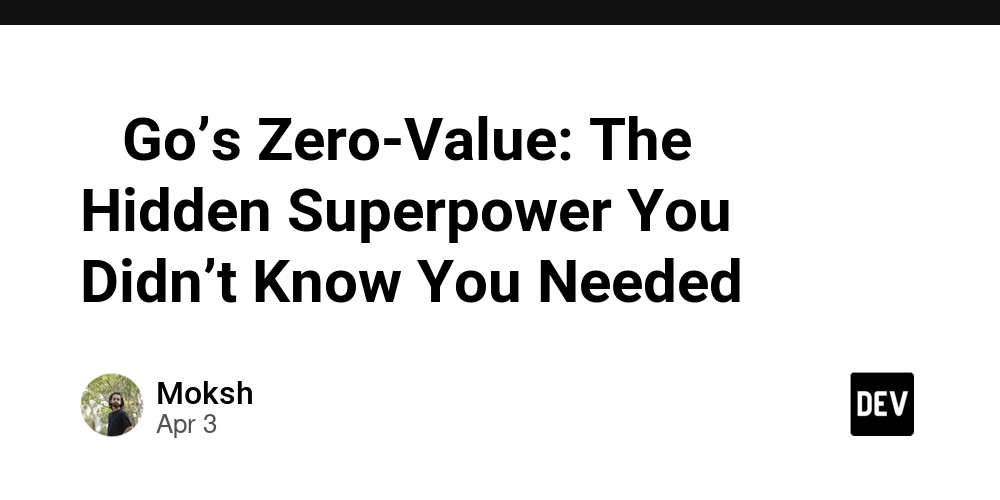














![[DEALS] Microsoft Office Professional 2021 for Windows: Lifetime License (75% off) & Other Deals Up To 98% Off – Offers End Soon!](https://www.javacodegeeks.com/wp-content/uploads/2012/12/jcg-logo.jpg)





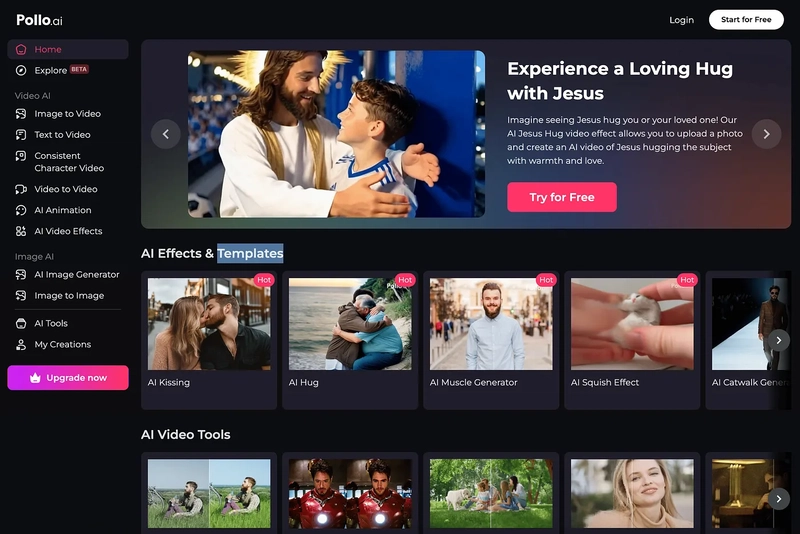










































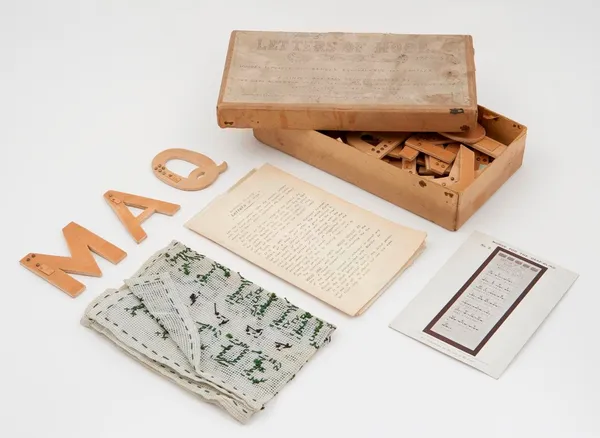















































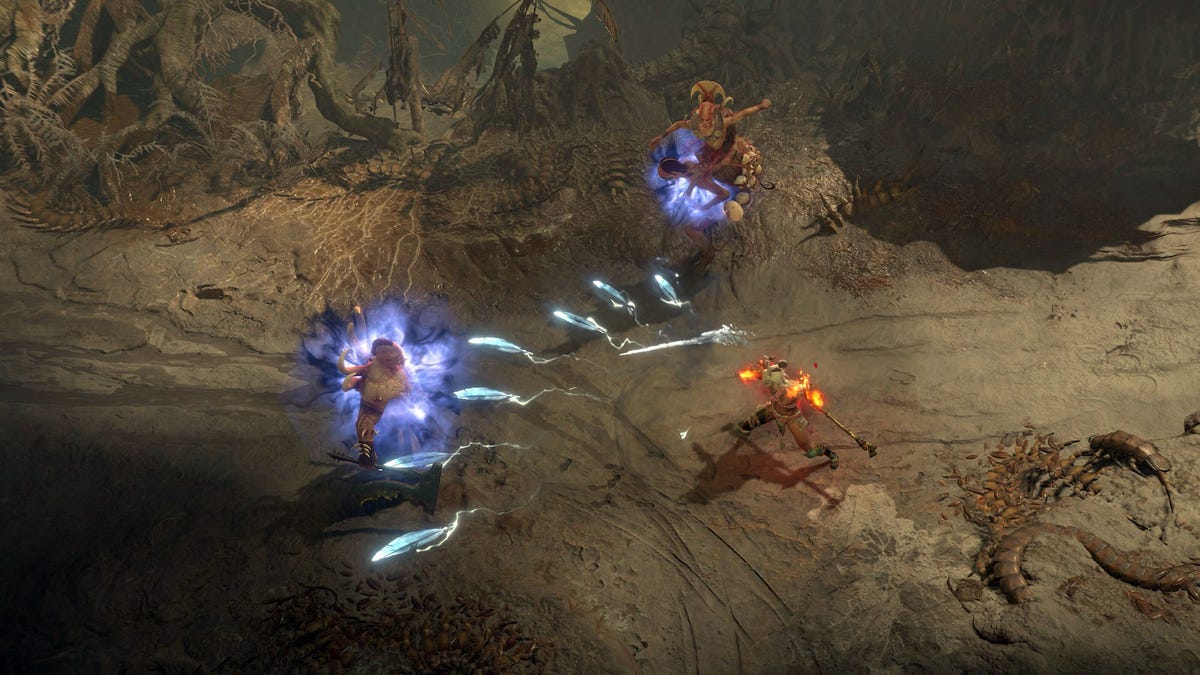













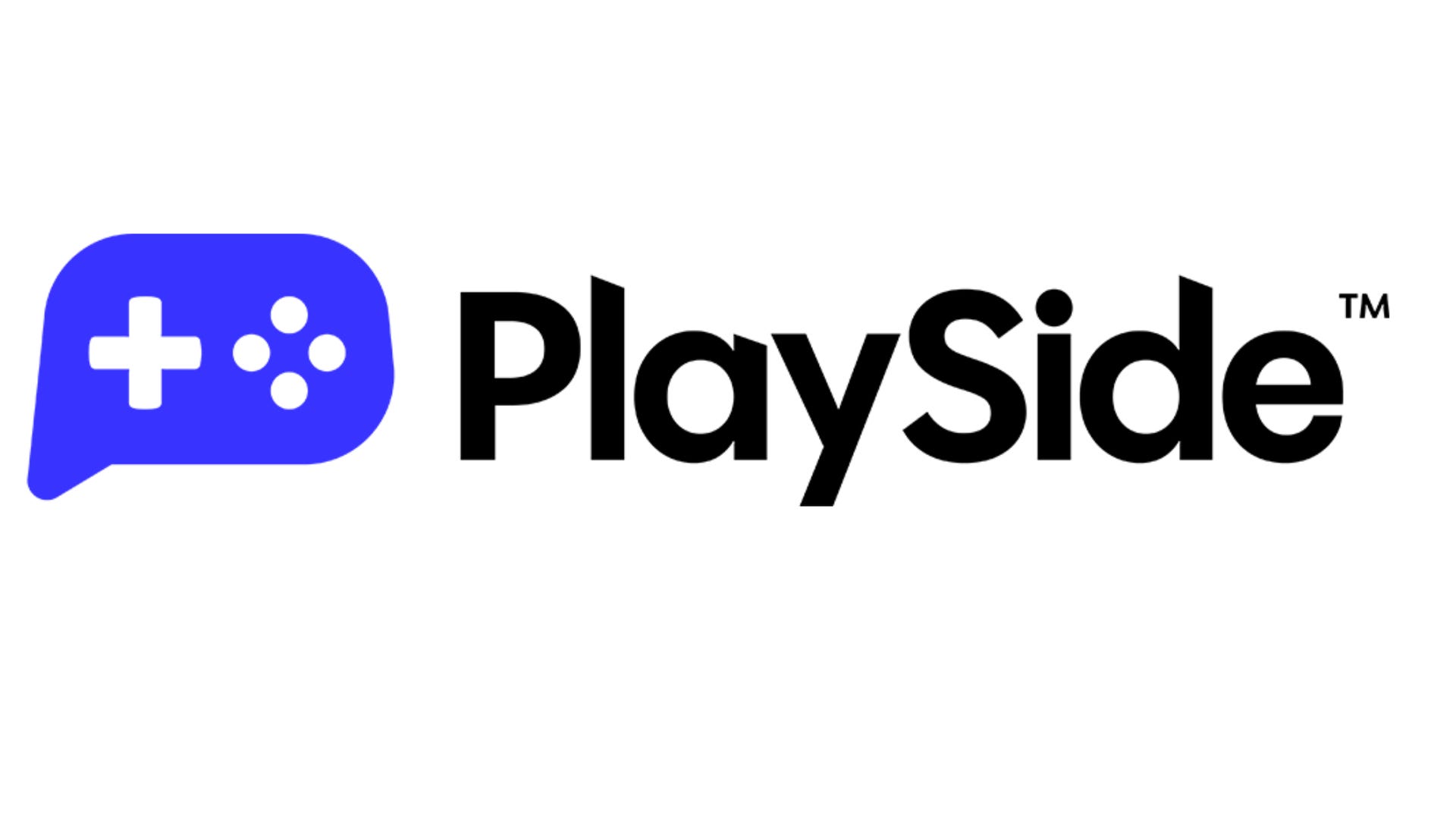
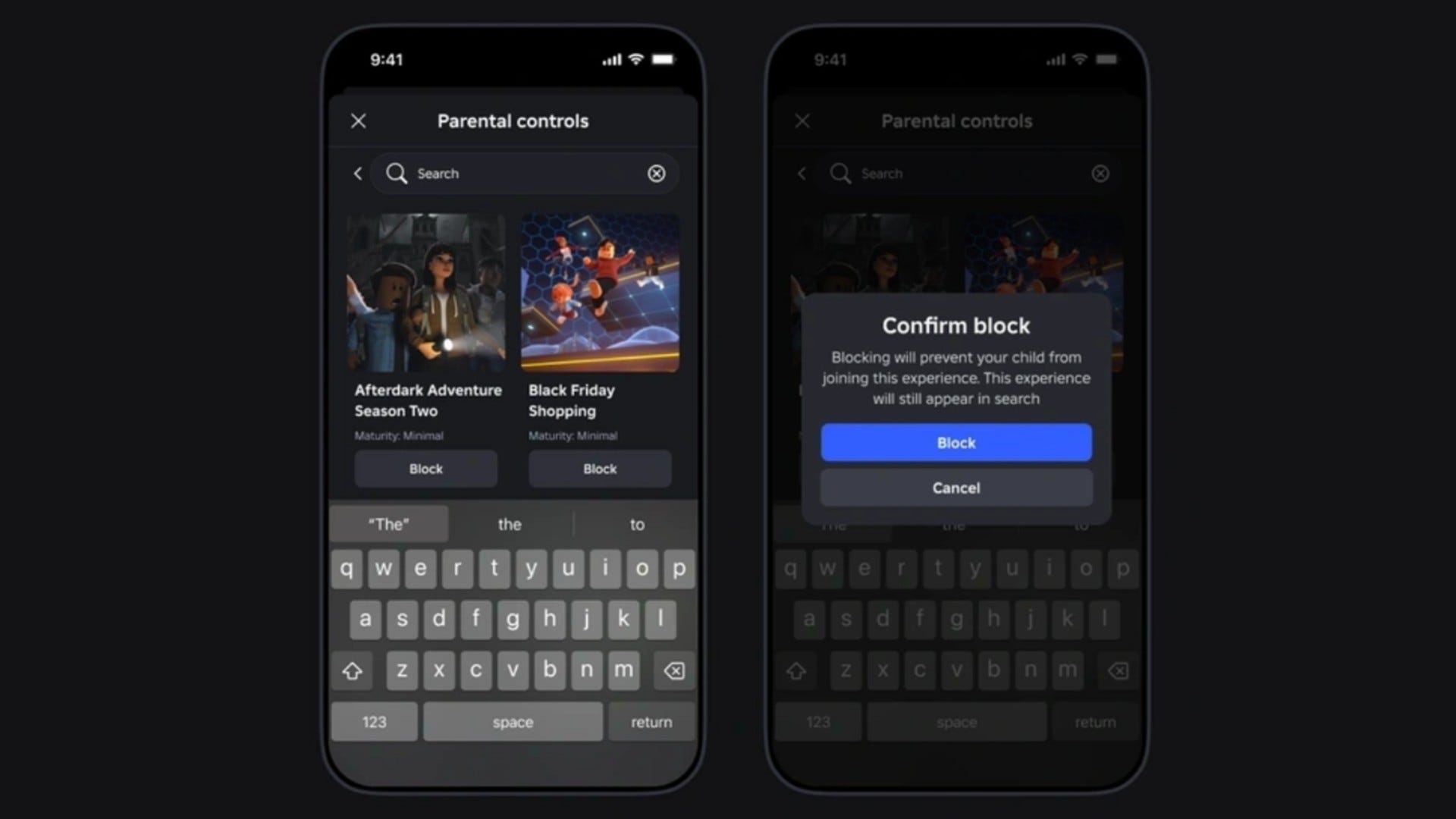

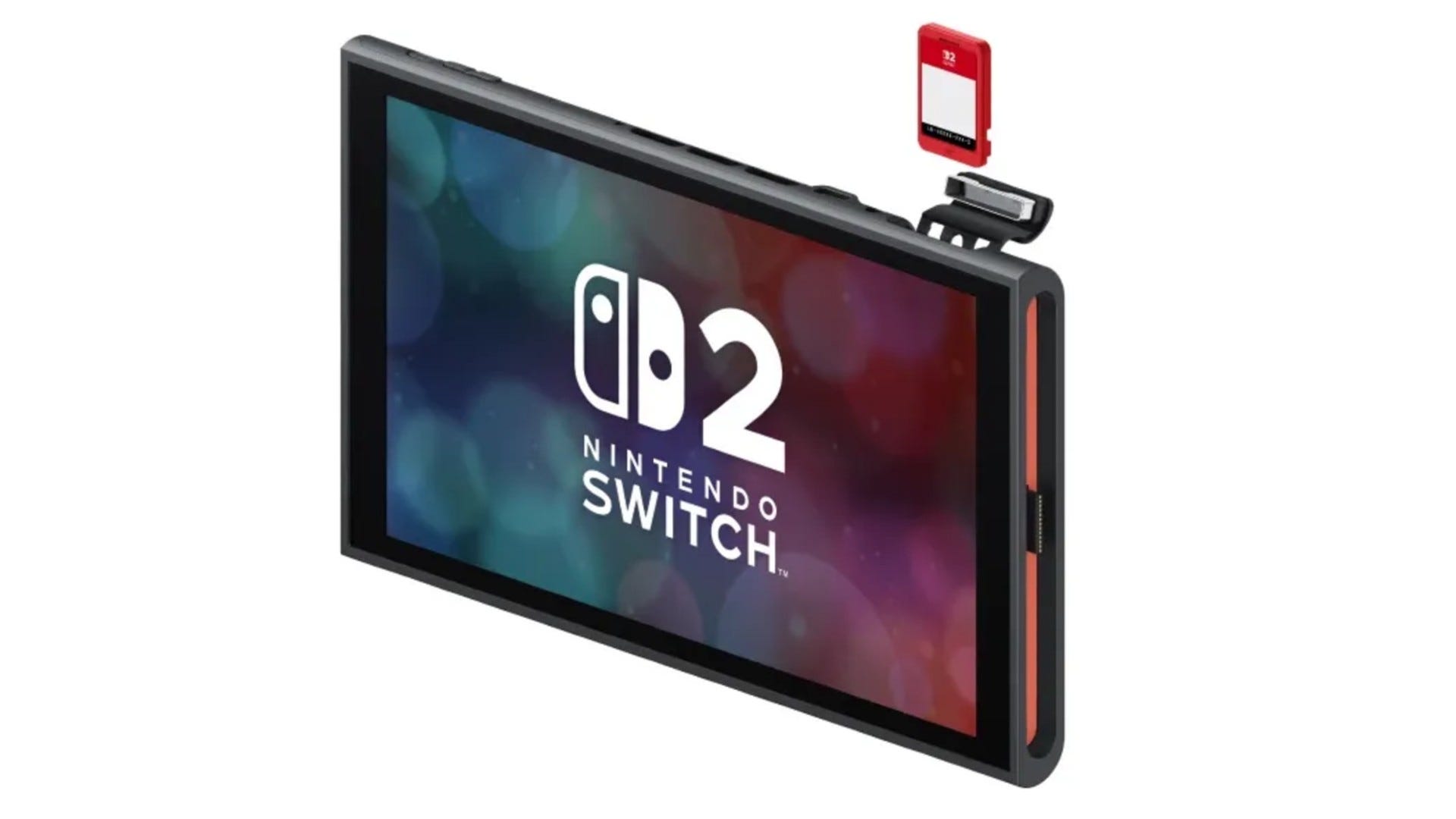













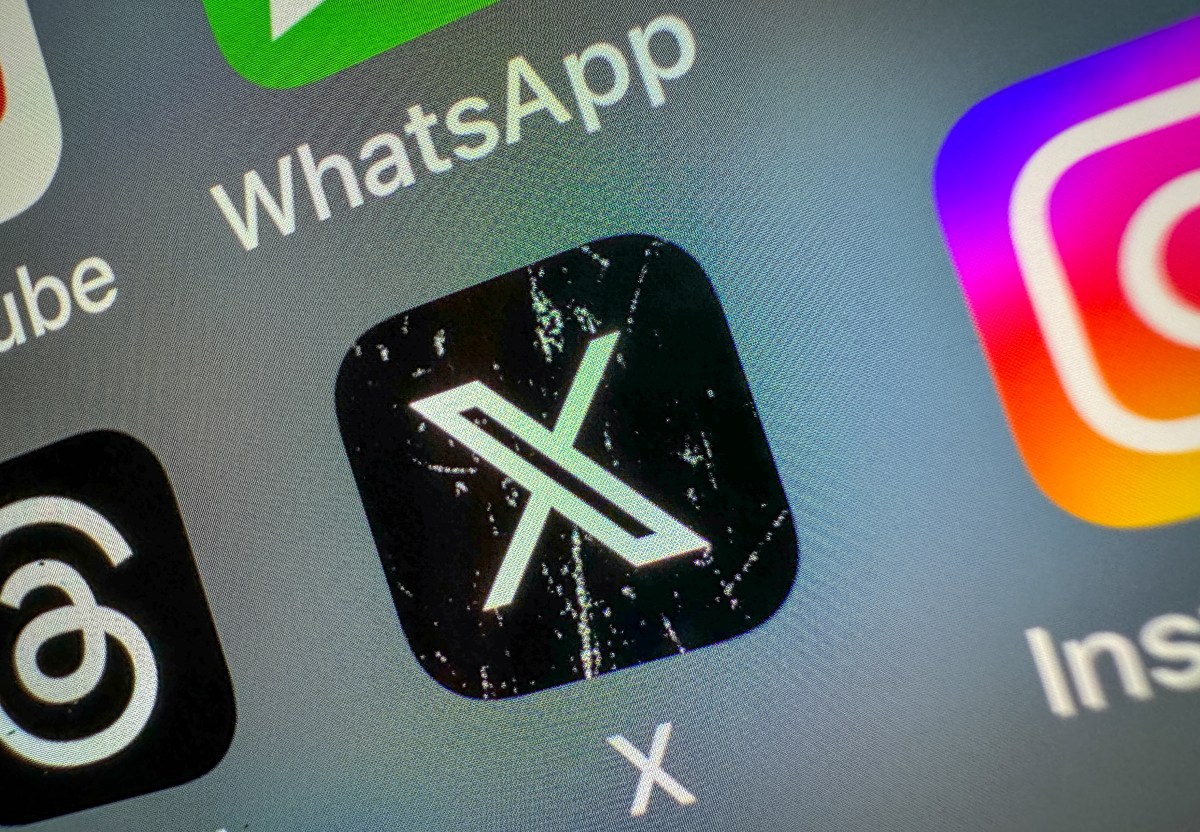













_Anthony_Brown_Alamy.jpg?#)
_Hanna_Kuprevich_Alamy.jpg?#)




.png?#)

















































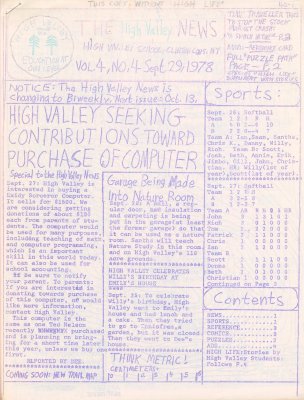

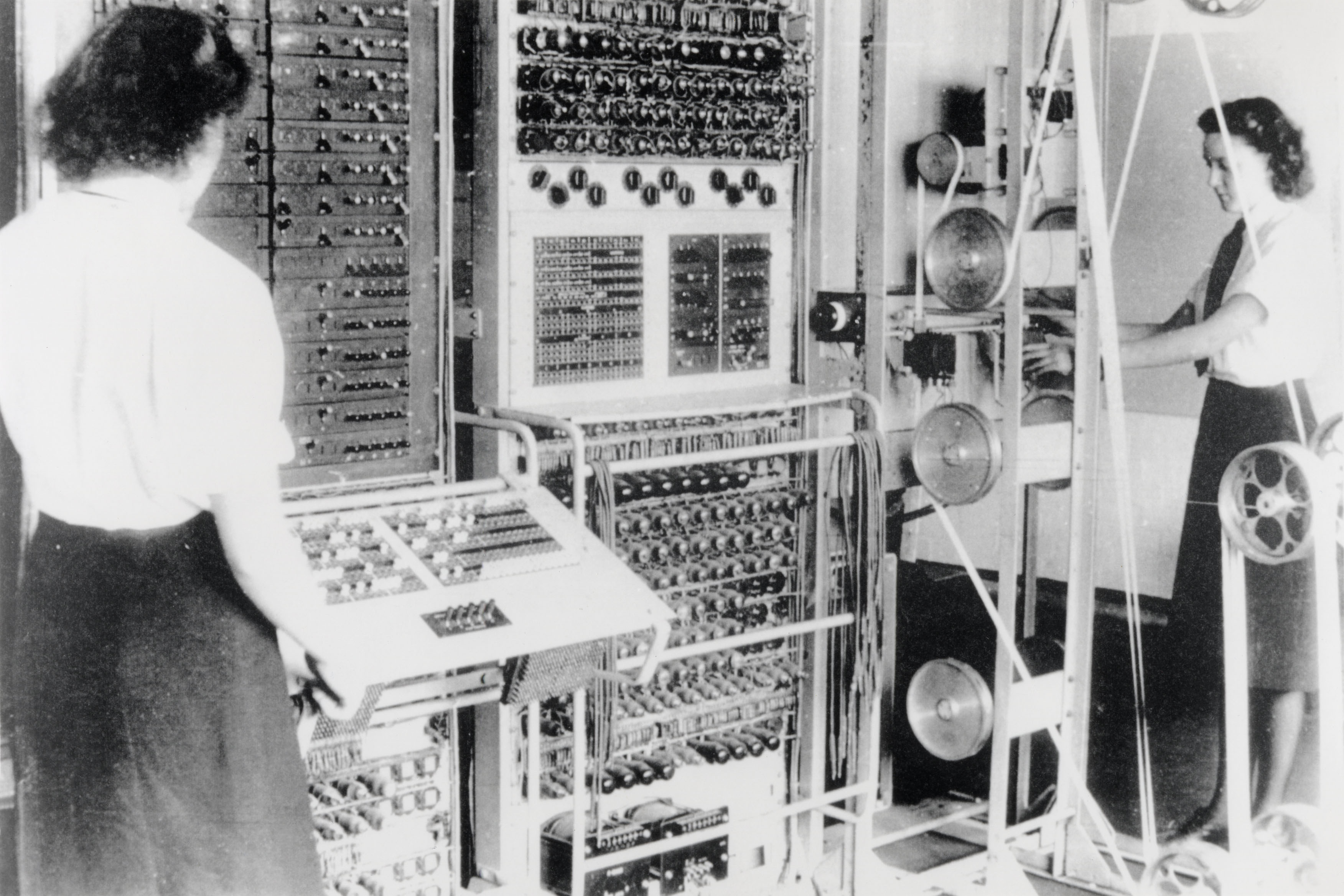
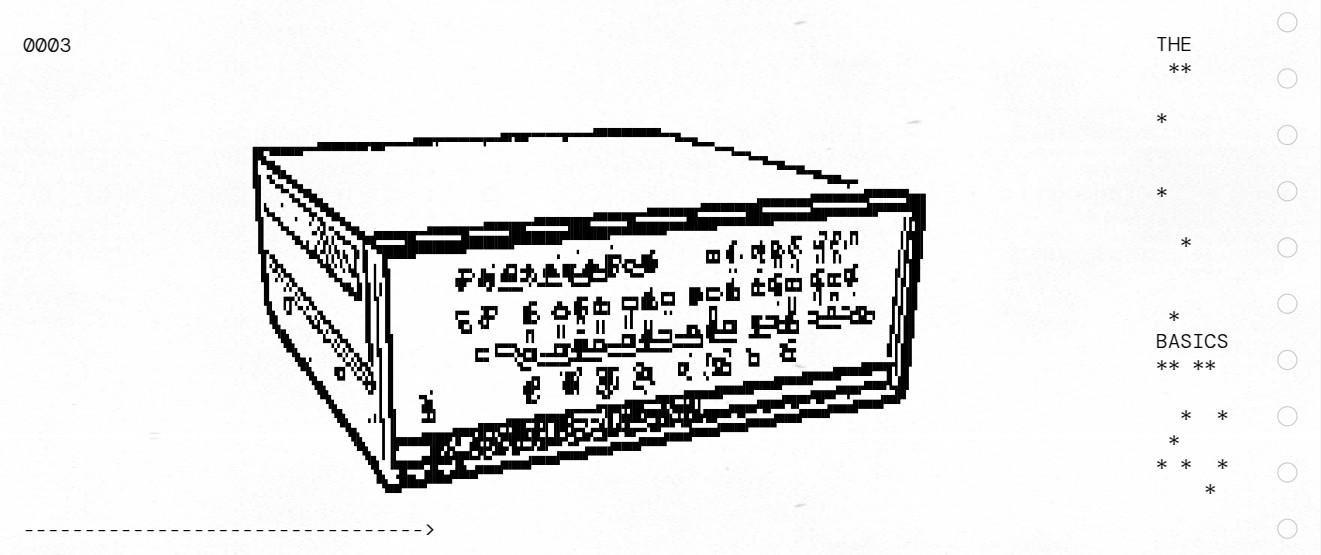























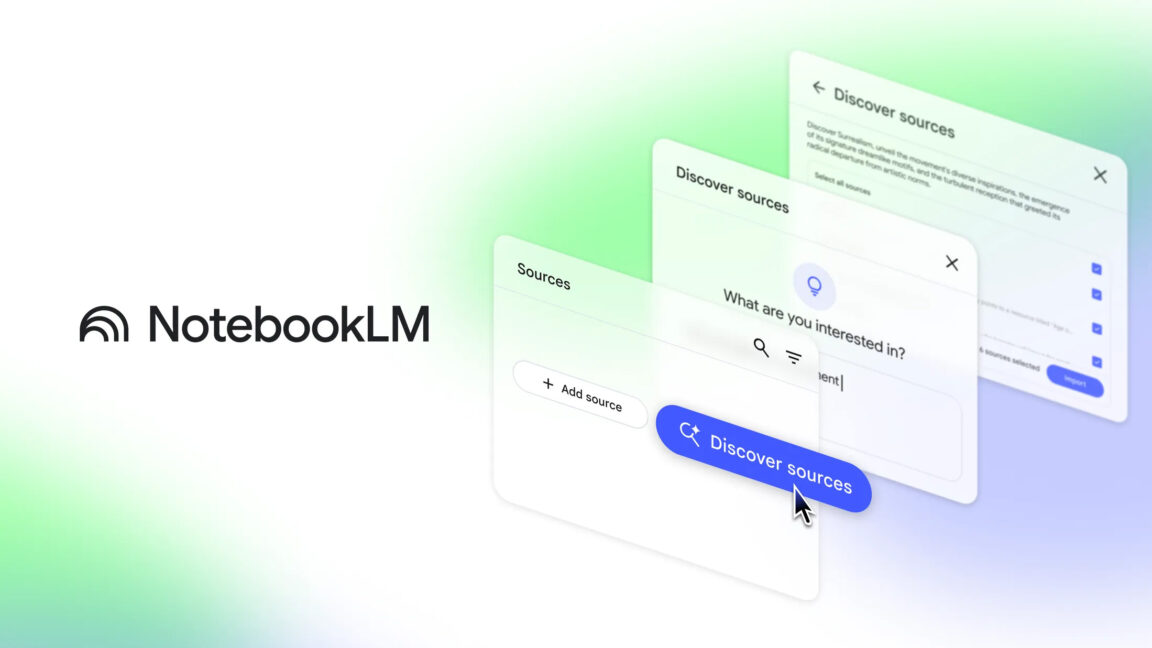



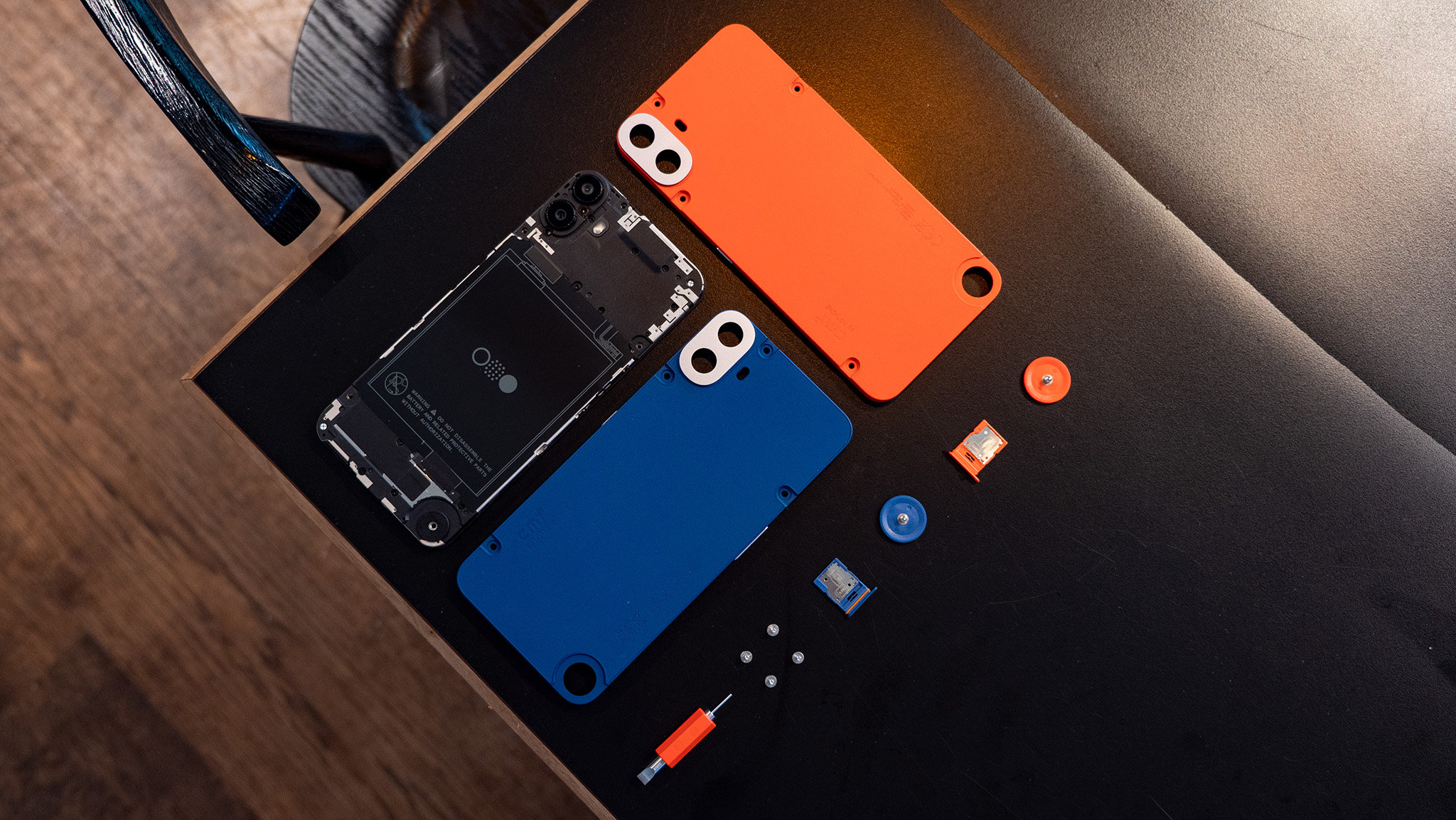








![Hands-on: We got to play Nintendo Switch 2 for nearly six hours yesterday [Video]](https://i0.wp.com/9to5toys.com/wp-content/uploads/sites/5/2025/04/Switch-FI-.jpg.jpg?resize=1200%2C628&ssl=1)
![Fitbit redesigns Water stats and logging on Android, iOS [U]](https://i0.wp.com/9to5google.com/wp-content/uploads/sites/4/2023/03/fitbit-logo-2.jpg?resize=1200%2C628&quality=82&strip=all&ssl=1)













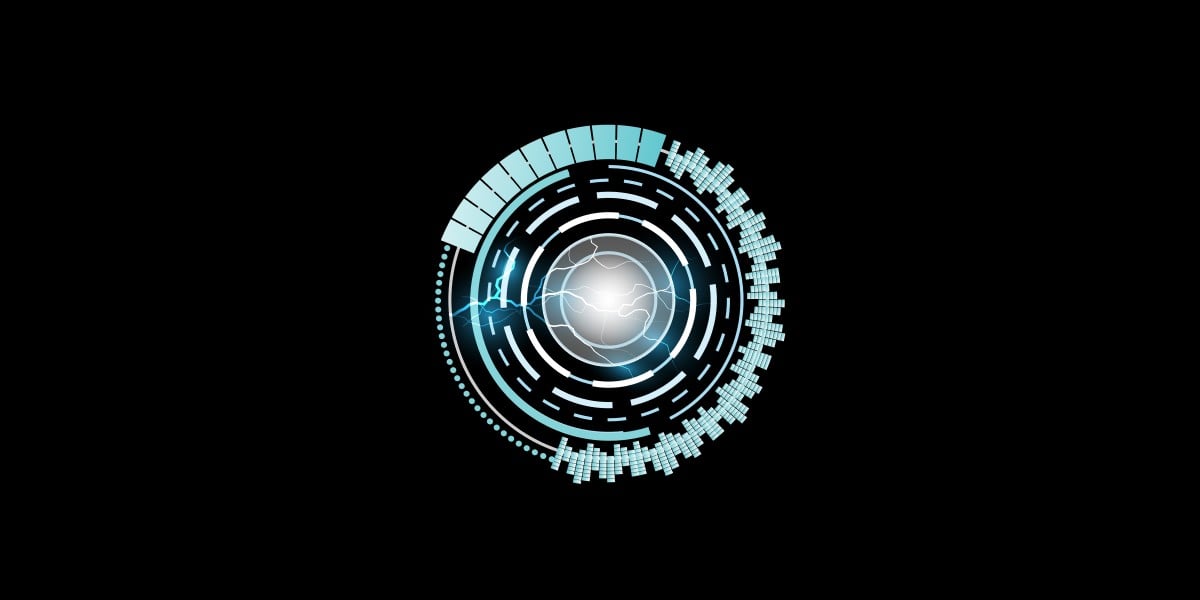
![YouTube Announces New Creation Tools for Shorts [Video]](https://www.iclarified.com/images/news/96923/96923/96923-640.jpg)

![Apple Faces New Tariffs but Has Options to Soften the Blow [Kuo]](https://www.iclarified.com/images/news/96921/96921/96921-640.jpg)













